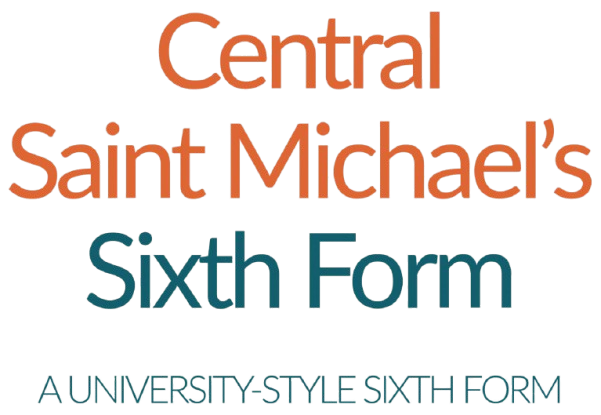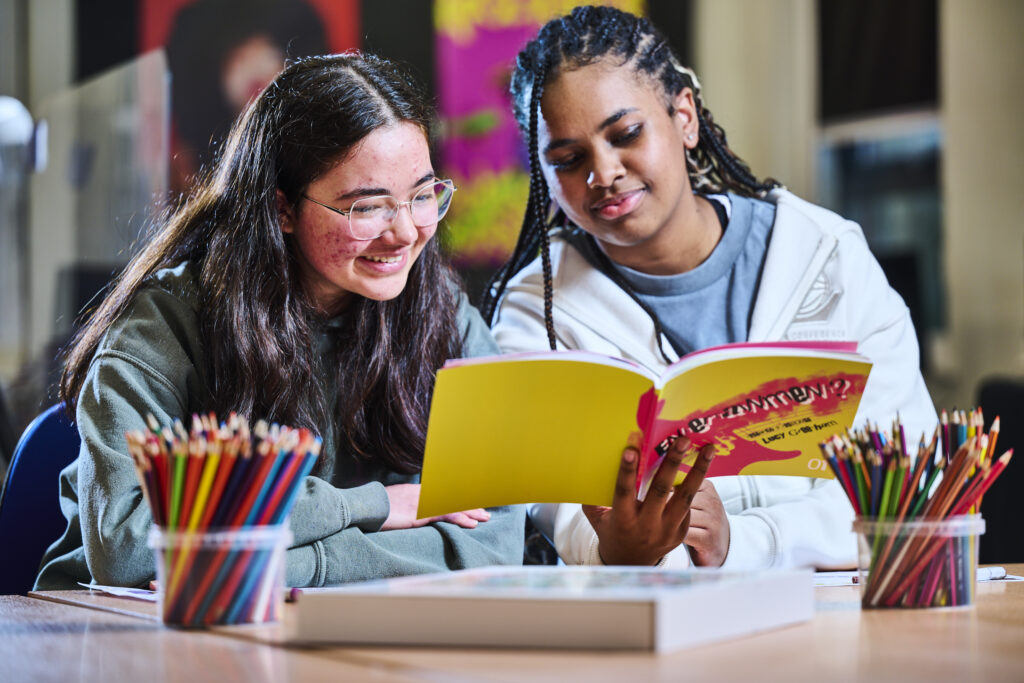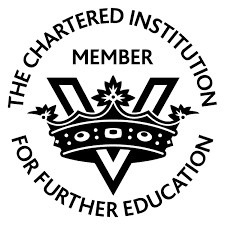Dive into the dynamic world of Media! Whether you’ve studied Media at GCSE or are new to the subject, A Level Media Studies provides a rich, challenging, and exciting opportunity to explore the most powerful and influential industries in the modern world.
Media Studies is for students who want to critically engage with the media-saturated world that surrounds and influences every aspect of our daily lives. The course is ideal if you’re interested in understanding how media shapes society, identity, values and culture – from the news we read to the entertainment we consume – and those curious about the full spectrum of media platforms, including:
- Film
- Advertising, marketing and branding
- Television
- Music videos
- Newspapers and magazines
- Online and social media (including YouTube and influencer culture)
- Radio and podcasts
- Video games
Aspiring creatives and communicators will also find Media Studies useful for their future careers in marketing and advertising; journalism and publishing; film, TV and radio production; digital content creation; graphic design and branding; public relations and media planning. Analytical thinkers, who enjoy exploring how and why media texts are produced, distributed and consumed – and the economic, political and cultural forces behind them – will be fascinated by the course, as will students with a passion for critical theory and representation, including feminism; post-colonial theory; representation of race, gender, sexuality, and class; narrative and genre theory; postmodernism; audience theory and media effects.
You will build transferable skills that support other subjects such as English (analysis of text and narrative), History and Politics (understanding of ideology, representation and media power), Psychology and Sociology (exploring audience behaviour and social identity), Business and Economics (insights into media industries, marketing, and regulation).
Content Overview
You will study a wide variety of media platforms, including:
Music videos – analysing style, performance, and cultural influence
Television – studying long-form drama in a global context
Film marketing and branding – exploring how films are promoted across platforms
Advertising – understanding persuasive techniques and ideology
Radio – including both mainstream and independent broadcasting
Video games – examining interactivity, audiences, and regulation
Magazines – looking at editorial voice, audience engagement, and visual design
Websites and social media influencers – exploring digital content and convergence culture
You will take a theoretical approach to media, grounded in four key areas:
Media Language – how meaning is constructed through signs, codes, genre and narrative
Media Industries – the economic, legal, and technological structures that shape media production and distribution
Media Audiences – how different groups consume, respond to, and even create media, including concepts like fandom and the ‘prosumer’
Media Representations – how the media reflects and shapes ideas about race, gender, class, sexuality, age and identity
You will engage with key media theorists and ideas, including:
Stuart Hall (representation and encoding/decoding)
bell hooks (feminism and intersectionality)
Judith Butler (gender performativity)
David Gauntlett (identity)
Roland Barthes, Steve Neale, Todorov, Baudrillard, and others
You will develop analytical and critical thinking skills through close deconstruction of set products and unseen texts, and you will also complete a Non-Exam Assessment (NEA) – a practical media production where you will:
Research, plan, and create an original media product (e.g. a magazine, music video, website, or promotional campaign)
Apply theoretical knowledge to creative decision-making
Develop skills in digital design, editing software such as Adobe Photoshop, InDesign, or Premiere Pro, photography, copywriting and layout













